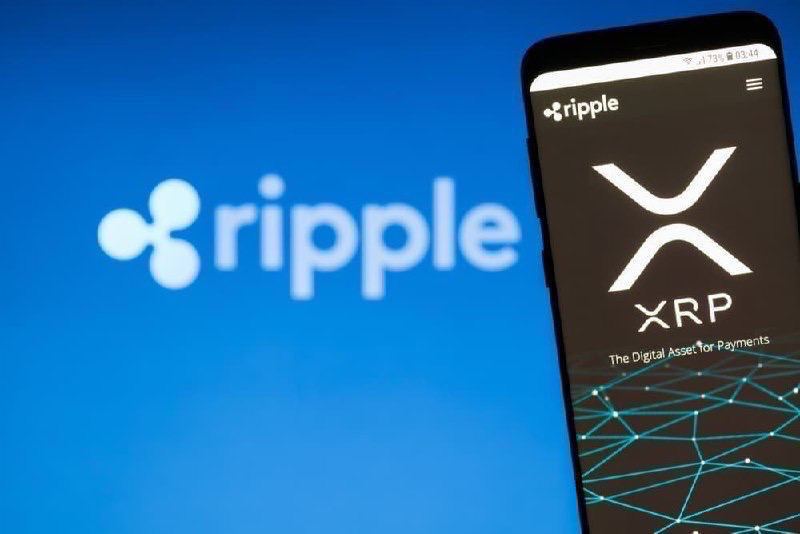With the details surrounding the infamous speech by the former Division Director at the United States Securities and Exchange Commission (SEC) Bill Hinman now publicly available, Chief Legal Officer at blockchain company Ripple, Stuart Alderoty, has analyzed the relevant facts from the internal documents.
Indeed, Hinman delivered his high-profile speech on June 14, 2018, where he said that a cryptocurrency was not a security when it becomes “sufficiently decentralized,” despite senior SEC officials repeatedly warning him about the possibility of further confusing the crypto market, according to Alderoty’s analysis shared on June 13.
Repeated warnings
Specifically, the SEC’s Head of Trading and Markets, Brett Redfearn, warned Hinman in the comments to the speech draft that he was making up factors that “go beyond the typical Howey analysis,” as in, not in the law, and that the speech could lead to “greater confusion on what is a security,” which Hinman ignored, and proceeded to state:
“If the network on which the token or coin is to function is sufficiently decentralized, and the purchasers no longer have a reasonable expectation that a person or a group is going to carry out essential managerial or entrepreneurial efforts, those assets might not represent an investment contract.”
On top of that, Redfearn told Hinman he should tie his speech “more closely and explicitly to the Howey analysis, which Hinman not only ignored “but deliberately created factors beyond those identified by the Supreme Court in the Howey case,” as Alderoty’s explains in the video.
Furthermore, the SEC’s own General Counsel warned about the legal irrelevance of someone retaining a stake in the token while motivated to take action to increase its value. Once again, Hinman ignored this and said, without any legal support, that it was important to ask:
“Has that person or group retained a stake or other interest in the digital asset such that it would be motivated to expend efforts to cause an increase in the value of the digital asset?”
Bringing Ethereum into argument
Both Trading and Markets and the General Counsel also disagreed with Hinman’s belief that a network was sufficiently decentralized when there were no information asymmetries, noting that a network creator would likely have more information than a retail holder, using Vitalik Buterin as an example.
In fact, these officials warned Hinman that by creating this “other” category and focusing on information asymmetries, he was exposing a “regulatory gap” that the SEC may not have jurisdiction to fill. Again, Alderoty says, Hinman ignored them.
On June 4, Hinman wrote that he didn’t see the need to regulate Ethereum (ETH) as a security and set up a call with Ethereum’s co-founder later that week to “confirm our understanding.” Later, the SEC’s General Counsel advised against using direct statements on Ethereum as it would be difficult for the SEC to “take a different position on Ether in the future.” The next day, Trading and Markets wrote that mentioning Ethereum would “likely create more confusion.”
As it happens, Hinman again chose to ignore them, stating:
“Moreover, putting aside the fundraising that accompanied the creation of Ether, based on my understanding of the present state of Ether, the Ethereum network, and its decentralized structure, we believe current offers and sales of Ether are not securities transactions.”
Finally, Alderoty pointed out that the then-chairman of the SEC, Jay Clayton, himself directed the market participants to Hinman’s speech, and that the agency knew Hinman’s speech did not follow the law, that it would create greater confusion, and that he was making things up.
In conclusion, he wonders why the Hinman speech was still on the SEC’s website, “Why was it ever allowed to be given at all,” and why the SEC continued to insist on a policy of regulation by enforcement, “falsely insisting the rules are clear.”
Case against Ripple
As it happens, the Hinman speech remains among one of the most important arguments used by Ripple’s team in the legal battle that the SEC has been waging against the blockchain company, accusing it of selling the XRP token as unregistered securities.
Meanwhile, Ripple’s CEO Brad Garlinghouse commented on the released documents and Alderoty’s analysis, referring to Hinman’s speech and the agency’s ensuing activities in the crypto sector under his guidance, despite pushback and all the above facts, as “unconscionable.”
















Leave a Reply